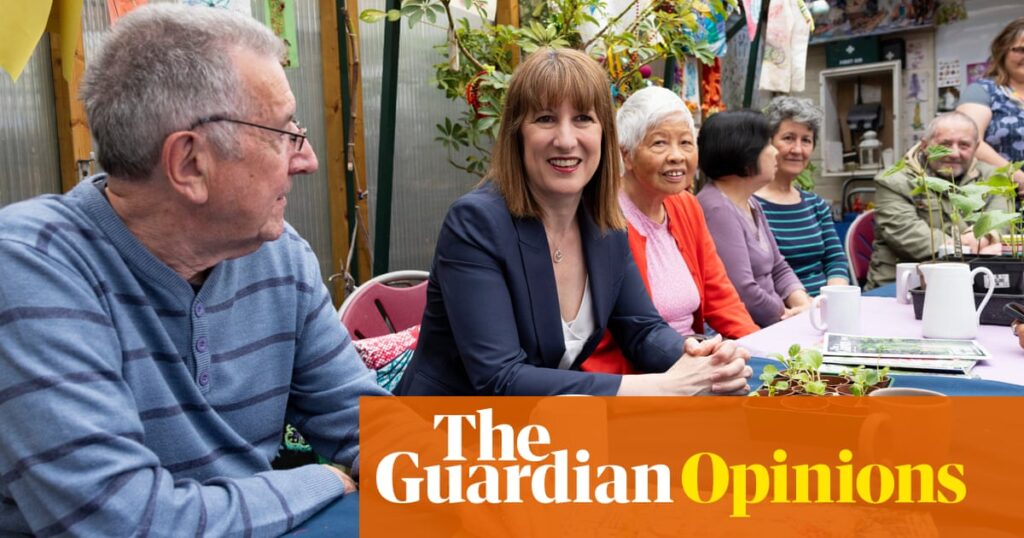Every parent who battled their way through home schooling during the long months of lockdown, and every vulnerable person forced to shield themselves away, can have had little doubt that the Covid pandemic was an unhappy time.
But research by the non-profit consultancy Pro Bono Economics (PBE), suggests that the nation’s wellbeing has never fully recovered from the plunge it took in mid-2020.
Happiness – or wellbeing, or life satisfaction – seems a slippery concept to measure, but economists have been studying and tracking how the public are feeling about their lives for decades.
In the UK, the Office for National Statistics (ONS) has done this since 2011 by asking four questions, including: “Overall, how satisfied are you with your life?” and: “Overall, how anxious did you feel yesterday?”
As the first lockdown took hold, the anxiety measure spiked, not surprisingly, while the other three, which track respondents’ satisfaction, happiness and sense of purpose, all had marked declines.
Given the shadow the pandemic cast over so many people’s lives, it feels intuitively right that on none of these four metrics has wellbeing in the UK returned to the pre-Covid equilibrium.
Just as wellbeing might (wrongly) seem unmeasurable, it is also tempting to think that it is not something policy can target directly. Perhaps a bleak mood just settled on us all as we watched those grim Covid press conferences (“Next slide, please”) and hasn’t quite lifted?
Yet the economics of wellbeing, pioneered by academics including Richard Layard at the LSE and the former monetary policy committee member Danny Blanchflower, allows us to pinpoint some of the causes of this malaise, instead of dismissing it as some kind of national vibe shift.
As the PBE analysis makes clear, these causes include the persistence of poor physical health, poor mental health, and loneliness.
Government policy is already firmly pointed at tackling the shortcomings in the NHS that seem to have contributed to the public’s ongoing health struggles. The state of the health service came up consistently in last year’s general election campaign, and the Treasury is concerned about the impact of continued high rates of economic inactivity on the labour market.
Mental health is relatively high on Labour’s agenda, too, with promises to install more mental health professionals in schools, for example. Tackling loneliness is a more complex proposition in policy terms, with no single lever to pull.
Plans in Rachel Reeves’s spending review to invest in neighbourhood-level projects to improve “community cohesion, regeneration and improving the public realm” may help here, albeit on a relatively small scale.
Recent work by the Independent Commission on Neighbourhoods has underlined the importance of institutions such as parks, community centres and libraries, for fostering important human connections.
If the Department for Work and Pensions gets its planned overhaul of back-to-work support right, meanwhile, it should help people to overcome barriers to finding a job, as the best local schemes already do – and these will often be barriers to wellbeing, too.
I vividly remember the beaming faces of successful clients of Manchester’s Working Well scheme, whose Bolton outpost I visited two years ago, who had been helped to tackle huge challenges such as anxiety and to find a place for themselves back out in the world.
Projects like these have a hard-nosed economic objective, of course, but there should be no shame in saying they are also aiming to make people happier and more satisfied with their lives.
PBE’s chief economist, Jon Franklin, also points to social prescribing: an approach that can involve health professionals dispatching patients to clubs or activities, that might then help them to form bonds with others.
There is a powerful case study in the PBE research that underlines the fact that good policy can improve wellbeing, despite it perhaps seeming to lie outside the realm of things politicians can affect.
The research shows that private renters are especially likely to be in what PBE defines as “wellbeing poverty”, scoring four points or fewer on the life satisfaction question. One underlying factor they tease out is the anxiety-inducing insecurity that tenants experience.
Recent legislation in Scotland that improved security of tenure has already started to close the wellbeing gap between private renters and everyone else, PBE finds. The renters’ rights bill currently passing through parliament in England should have a similar impact, though it won’t tackle another major cause of discontent for this group: unaffordable rents.
There is nothing to prevent officials weighing up the wellbeing impact of proposed policies – indeed, there is Treasury guidance from 2018 that suggests it is one factor that should be taken into account.
But there is no mention of repairing voters’ life satisfaction, or happiness, in Labour’s missions, or the plan for change.
That’s understandable, when the government is operating in straitened fiscal circumstances, and urgently needs to rekindle economic growth. Secure jobs and rising real wages are undoubtedly good for wellbeing.
But a more direct focus on making the UK a happier place might help to improve decision-making. Franklin and his colleagues argue the data is now clear and consistent enough to make that possible.
Instead, there is endless polling and focusing grouping of specific policies, discussion of which can become oddly detached from what they are likely to achieve.
Labour has struggled to articulate its purpose to the public, and its number one mission, economic growth, is worthwhile but abstract (and judging by the past two months’ data, currently absent). Perhaps alongside the spreadsheets, it’s time to try a little happiness.


